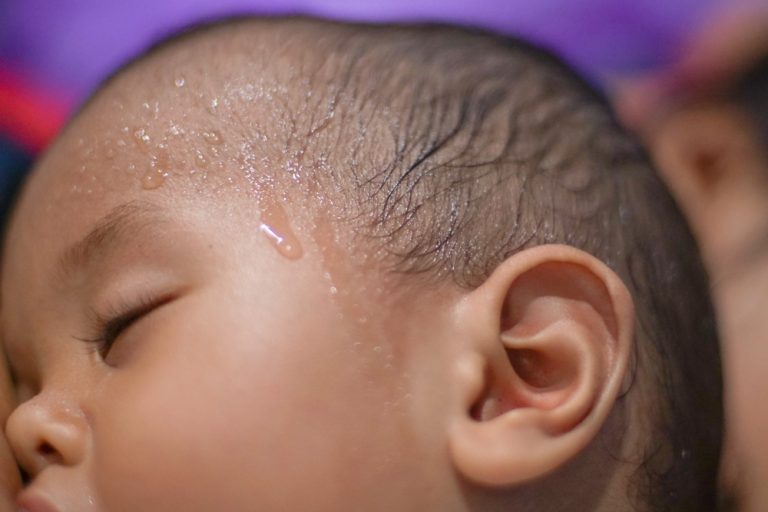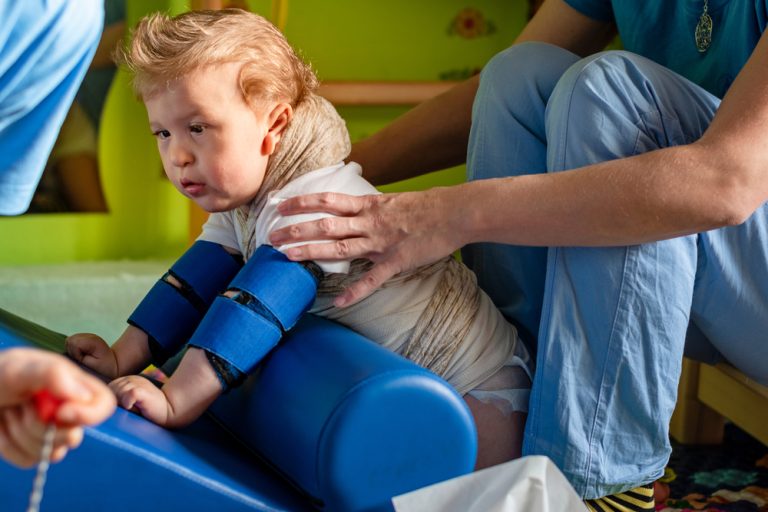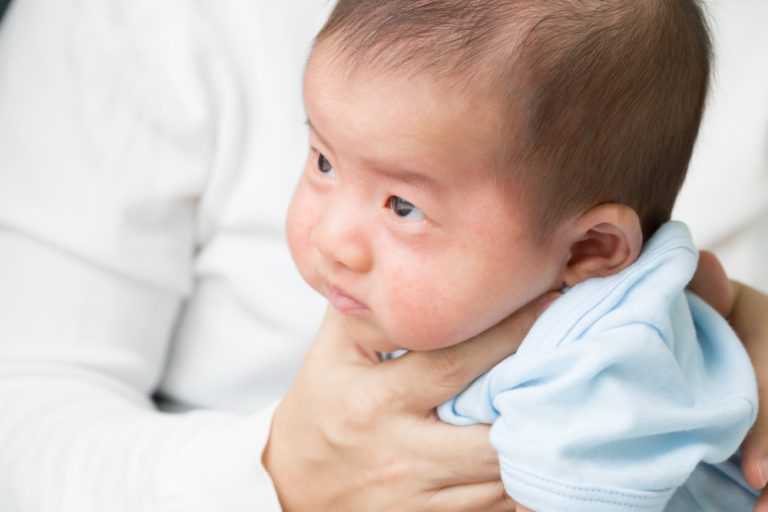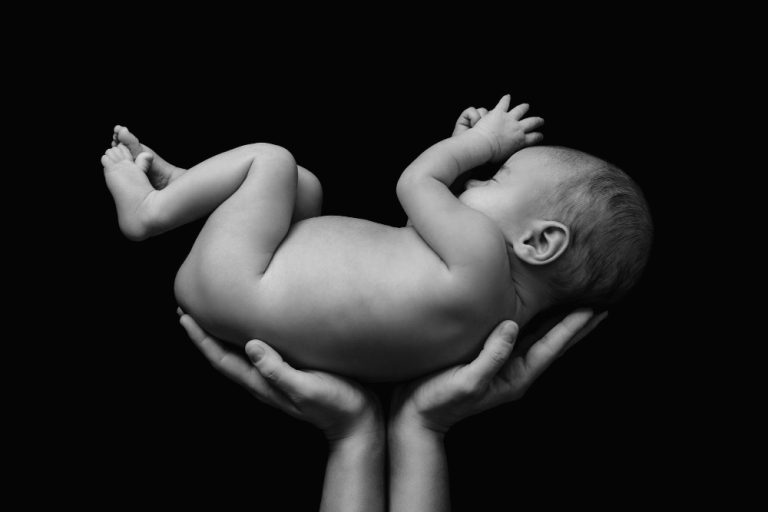How To Clean Babies Tongue? Cleaning Your Baby’s Tongue
Are you aware of the impact of cleaning your baby’s tongue on their oral health? Do you fully understand how to clean babies tongue? Just like adults, babies can also benefit from having their tongues cleaned regularly. Imagine a scenario where your baby’s tongue harbors bacteria and residue from milk feeds, leading to potential oral health concerns.
This is where proper tongue cleaning plays a crucial role in maintaining good oral hygiene from an early age.
Throughout this complete guide, we will delve into the best methods for cleaning your newborn’s tongue and answer common questions parents have about this essential practice. Let’s address the pain points many caregivers face when it comes to ensuring their baby’s oral health is well taken care of.
By following expert tips from a pediatric dentist, you can establish a simple yet effective oral hygiene routine for your little one.
Join us as we explore the significance of cleaning a baby’s tongue, the step-by-step instructions for how to clean babies tongue, and dispel any concerns you may have regarding your baby’s oral health.
This guide aims to empower you with the knowledge and confidence to provide the best care for your baby’s oral hygiene.
Introduction to the Importance of Cleaning Baby’s Tongue
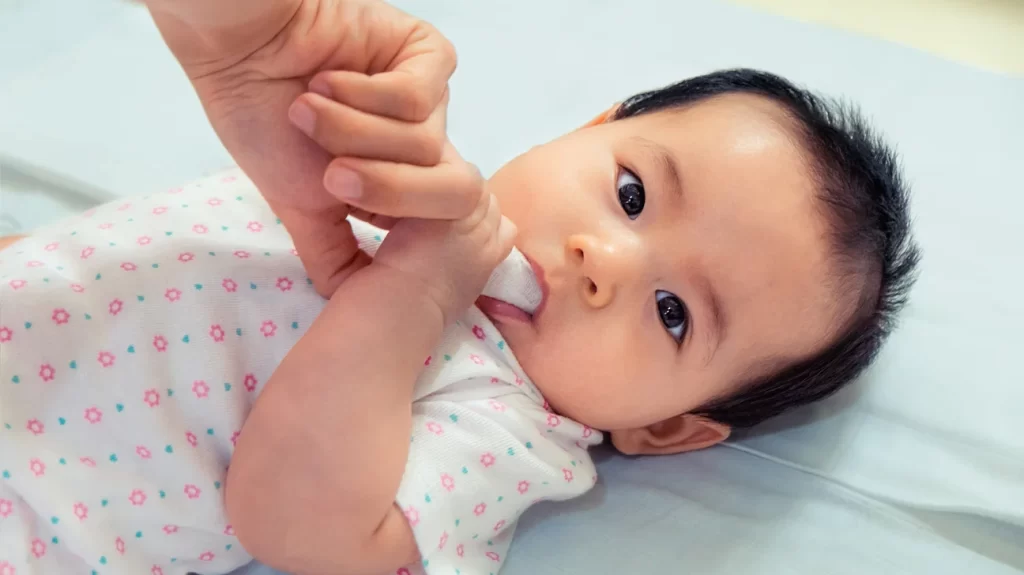
Maintaining good oral hygiene for your baby is crucial for their overall health and development. Many parents focus on their baby’s gums and emerging teeth, but cleaning their tongue is equally important. Cleaning your baby’s tongue not only removes bacteria and food particles but also helps establish a healthy oral environment and prevents potential oral health concerns.
Here are the key benefits of cleaning your baby’s tongue:
1. Prevents bad breath
- Bacteria can accumulate on the tongue’s surface, leading to unpleasant breath.
- Regularly cleaning your baby’s tongue helps eliminate these bacteria and keeps their breath fresh.
2. Reduces risk of gum disease
- The tongue can harbor bacteria that can contribute to gum disease.
- By cleaning your baby’s tongue, you can reduce the risk of gingivitis and other gum problems.
3. Prevents tooth decay
- Cleaning the tongue helps remove residual sugars and acids that may be present in your baby’s mouth.
- This reduces the risk of tooth decay and cavities, promoting their oral health.
4. Promotes healthy oral development
- Cleaning your baby’s tongue is essential to their oral care routine.
- This ensures the normal development of their teeth and mouth.
By incorporating tongue cleaning into your baby’s oral hygiene routine, you are setting them up for a lifetime of good oral health. The next section provides a step-by-step guide on how to properly clean your baby’s tongue.
How to Clean Babies Tongue: A Step-by-Step Guide
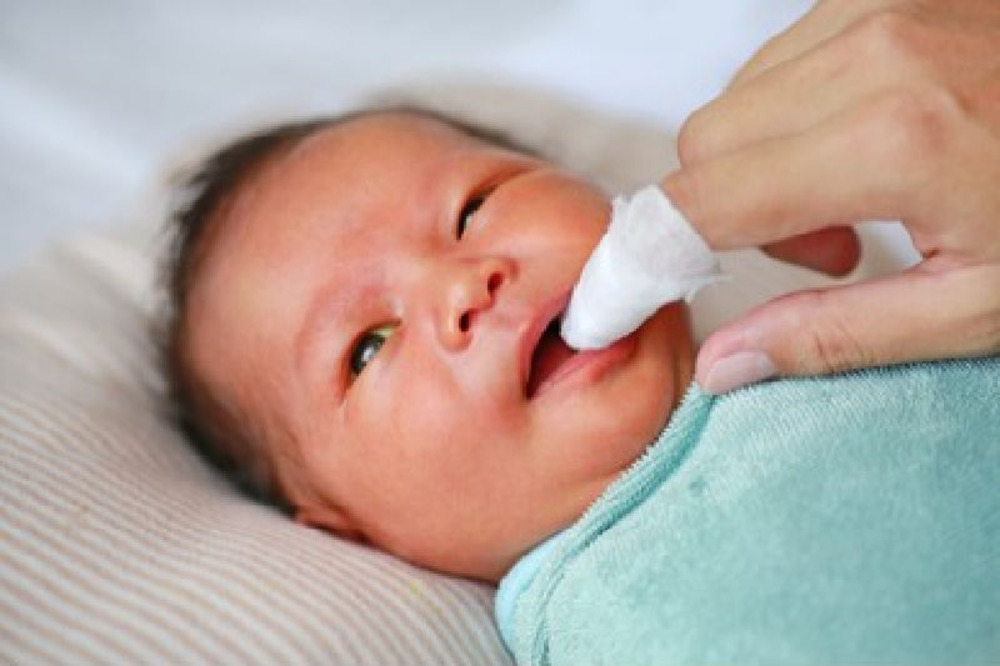
Cleaning a baby’s tongue is an essential part of their oral hygiene routine. You can help prevent oral health concerns and promote a healthy mouth by gently removing bacteria and residue from the tongue’s surface.
Here is a step-by-step guide on how to effectively clean a baby’s tongue:
1. Gather the necessary tools
- Soft-bristled toothbrush
Choose a toothbrush specifically designed for infants, with a small head and extra soft bristles to ensure gentle cleaning.
- Clean, damp cloth
This can be used as an alternative to a toothbrush or in combination with a toothbrush for added cleaning.
- Tongue scraper (optional)
A tongue scraper can be used for a more thorough cleaning, but ensure it is designed for babies and the edges are smooth to avoid any discomfort.
2. Create a comfortable environment
- Sit in a well-lit area where both you and your baby are comfortable.
- A secure position, such as cradling your baby’s head with one hand, can make the cleaning process easier.
3. Start with gentle strokes
- If using a toothbrush, wet it with warm water to soften the bristles before beginning.
- Gently brush the surface of your baby’s tongue in a circular motion.
- Be sure to reach the back of the tongue, where bacteria can accumulate.
4. Use the cloth for additional cleaning
- If you prefer to use a cloth, wrap it around your clean index finger and lightly wipe the baby’s tongue from back to front.
- This helps remove any remaining residue.
5. Consider using a tongue scraper (if appropriate)
- If your baby is comfortable with it, you can use a tongue scraper designed for infants.
- Scrape the tongue from back to front using gentle pressure, removing any remaining debris.
6. Rinse and pat dry
- After cleaning, rinse the toothbrush, cloth, or tongue scraper thoroughly.
- Gently pat your baby’s tongue and mouth dry with a clean, soft cloth.
Remember always to maintain a gentle touch during the entire process to ensure your baby’s comfort. It’s also important to note that it’s normal for babies to resist or dislike tongue cleaning at first. Making it a consistent part of their oral care routine will make them more comfortable with the process.
Important considerations
- Avoid using too much force or abrasive materials as this can cause discomfort and irritation to your baby’s tongue.
- Never use toothpaste until your baby’s first tooth erupts, as they may swallow the fluoride from the toothpaste.
- Cleaning your baby’s tongue should be incorporated as a daily habit along with brushing their emerging teeth.
By following these step-by-step instructions on how to clean babies tongue, you can help ensure your baby’s tongue stays clean and their oral health remains in excellent condition. Always consult with your baby’s pediatric dentist for specific guidance and oral care advice tailored to your little one’s needs.
Common Problems Associated with Cleaning a Baby’s Tongue
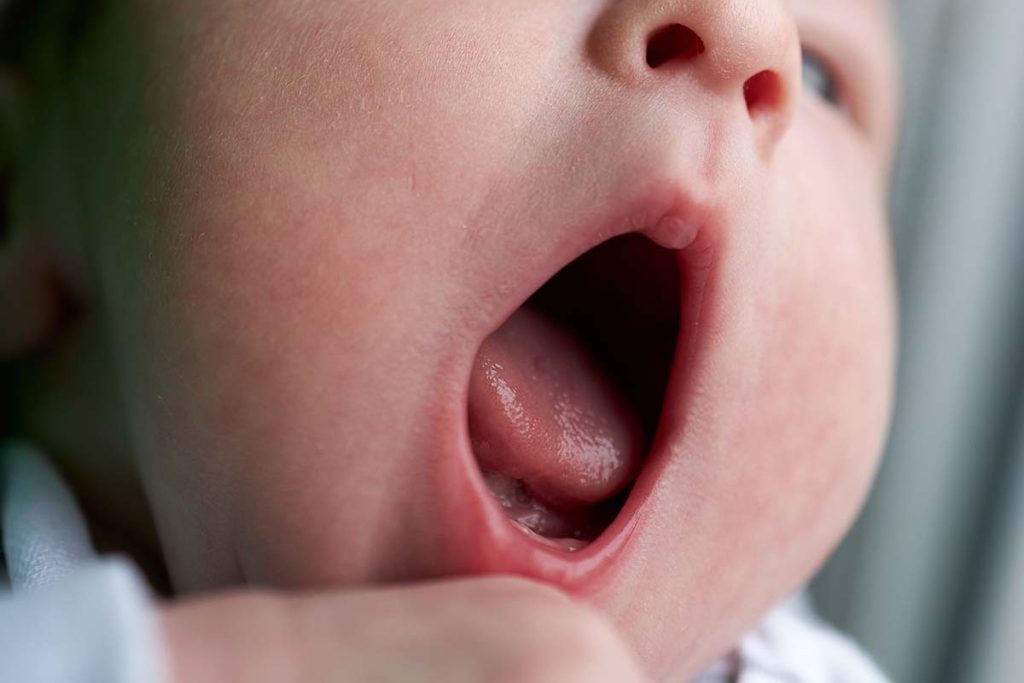
Cleaning a baby’s tongue is an important aspect of their oral hygiene routine, but it’s essential to be aware of the potential problems that may arise during the process. By understanding these issues, parents can address them promptly and ensure their baby’s oral health remains optimal.
Here are some common problems associated with cleaning a baby’s tongue:
1. Bad breath
- During infancy, milk can accumulate on the tongue’s surface, leading to bacteria growth and the development of bad breath.
- Regular cleaning helps remove the residue and prevent the unpleasant odor.
2. Gum disease
- If not properly cleaned, a baby’s tongue can become a breeding ground for bacteria, which can then transfer to the gums.
- This can increase the risk of gum disease, such as gingivitis, which can lead to inflammation and discomfort.
3. Tooth decay
- Milk residue left on the tongue can contribute to tooth decay.
- The sugars present in milk can interact with bacteria in the mouth, producing acids that attack the tooth enamel.
- Regular tongue cleaning helps eliminate this risk.
To prevent these problems, ensure that you clean your baby’s tongue gently and effectively. Use a soft, clean cloth or a tongue scraper specifically designed for babies. Remember to be gentle and avoid applying too much force, as the baby’s tongue is delicate.
Addressing these potential problems and incorporating regular tongue cleaning into your baby’s oral care routine can promote healthy oral development and prevent oral health concerns in the long run.
Remember that if you have any concerns or questions regarding your baby’s oral health, it’s best to consult with a pediatric dentist who can provide guidance and support tailored to your baby’s specific needs.
When and How Often to Clean a Baby’s Tongue
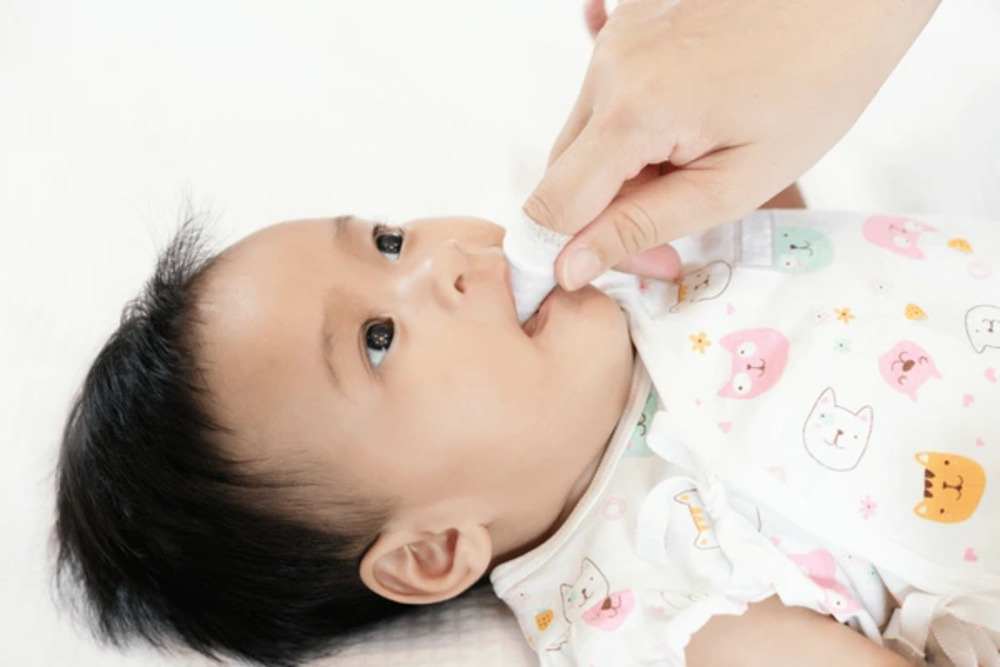
Cleaning a baby’s tongue is an important aspect of their oral hygiene routine. It helps prevent the build-up of bacteria, maintain a healthy oral environment, and reduce the risk of gum disease and tooth decay. But when should you start cleaning a baby’s tongue, and how often should it be done?
Here’s what you need to know:
When to Start Cleaning
- The ideal time to start cleaning a baby’s tongue is when their first tooth emerges.
- This usually occurs around six to twelve months of age.
- Until then, you can gently wipe their tongue with a clean, damp cloth after feedings to remove any milk residue and bacteria.
- Once the first tooth appears, it’s a good idea to introduce a soft-bristled toothbrush specifically designed for infants.
Frequency of Cleaning
- It is recommended to clean a baby’s tongue at least once a day, preferably during their bedtime routine.
- This ensures that any food particles and bacteria accumulated throughout the day are removed, promoting good oral health.
- However, be mindful not to clean their tongue too frequently, as it may cause discomfort or harm to their sensitive gums.
Best Practices for Cleaning
- When cleaning a baby’s tongue, use gentle circular motions with the appropriate cleaning tool.
- Soft-bristled toothbrushes with small heads are ideal for reaching the tongue’s surface without causing any discomfort.
- You can also consider using a tongue scraper specifically designed for infants, as it effectively removes bacteria.
- Remember to apply light pressure to avoid causing any irritation.
Importance of Baby’s Comfort
- Maintaining the baby’s comfort is crucial during tongue cleaning.
- Make sure to create a calm and soothing environment, reassuring your baby throughout the process.
- If your baby shows signs of discomfort or resists tongue cleaning, pause for a moment and try again later.
To sum up, cleaning a baby’s tongue should start when their first tooth emerges and be performed once a day. By following these recommendations and using appropriate tools and techniques, you can help ensure your baby’s oral health and promote healthy habits for the future.
5 Prime Benefits of Cleaning a Newborn’s Tongue

Cleaning a newborn’s tongue is an essential part of their oral hygiene routine. Not only does it promote a healthy oral environment, but it also helps prevent potential oral health concerns. Here are some key benefits of cleaning a newborn’s tongue:
1. Preventing Thrush and Oral Infections
- A newborn’s tongue can harbor bacteria and fungi, leading to conditions like oral thrush.
- Regular cleaning helps remove these harmful microorganisms and reduces the risk of infections.
2. Maintaining Fresh Breath
- Even though babies may not have teeth, bacteria can still accumulate on their tongues, causing bad breath.
- Cleaning their tongue ensures fresher breath and a pleasant experience during feeding and bonding.
3. Supporting Proper Feeding
- A clean tongue enhances a baby’s ability to taste the flavors of breast milk or formula, promoting healthy feeding habits.
- It also helps prevent buildup on the tongue, which could potentially affect a baby’s appetite.
4. Preventing Tooth Decay
- Cleaning the tongue early on prepares babies for future dental care.
- By removing bacteria from the tongue’s surface, you lower the risk of tooth decay as their first teeth start to emerge.
5. Promoting Normal Speech Development
- The tongue plays a vital role in speech development.
- Cleaning the newborn’s tongue helps keep the muscles and tissues healthy, facilitating proper articulation as they grow.
Remember, always use a gentle approach when cleaning a newborn’s tongue. You can utilize a clean, soft cloth or a specialized baby tongue cleaner recommended by a pediatric dentist. Ensure that you perform the cleaning process with delicate motions and provide a comforting experience for your little one.
By incorporating tongue cleaning into your baby’s oral care routine, you set them up for a lifetime of good oral health.
The Final Note: How To Clean Babies Tongue
Cleaning your baby’s tongue is a simple step that goes a long way in ensuring their oral health and creating a clean and healthy oral environment. Regular cleaning, along with proper care of the baby’s mouth, contributes to the normal development of their teeth and helps maintain their overall well-being.
If you have any concerns or questions regarding how to clean babies tongue or any other aspects of your baby’s oral health, it is always a good idea to consult with your baby’s pediatric dentist. They can provide personalized advice and guidance on the best practices for cleaning your baby’s tongue and maintaining their oral hygiene.
FAQs: How to Clean Babies Tongue
When it comes to maintaining your baby’s oral hygiene, cleaning their tongue is an important aspect that should not be overlooked. Here are some frequently asked questions about cleaning a baby’s tongue, along with expert answers and tips:


